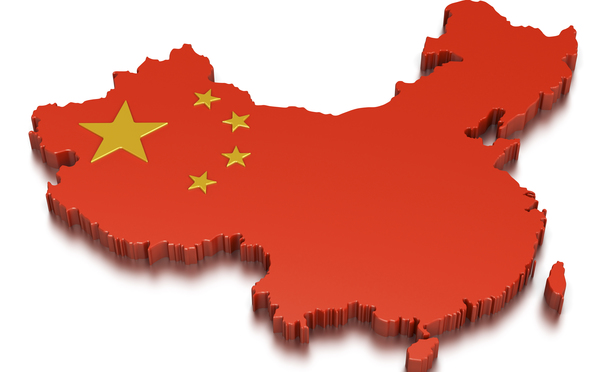A U.S.-based multinational operating in China need not look far to appreciate the risk of tripping over the Foreign Corrupt Practices Act and Chinese anticorruption laws. Tales of U.S. corporations ensnared in bribery scandals in China are increasingly frequent front-page news in both countries, with headlines like “Former Bank Executive in China Faces Bribe Accusations” and “Rattled by investigations, foreign firms in China beef up compliance.”
Whether Big Pharma, a big bank or a mid-size manufacturer, U.S. companies in China need robust compliance measures to address the growing dual regulatory pressures. In practice, such measures can be elusive. The commonly used Chinese joint venture structure—partnering a U.S. company with a Chinese state-owned or -controlled enterprise—may create successful business enterprises, but it can lead to thorny compliance issues. The scarcity of guidance on FCPA enforcement in a 50/50 joint venture only magnifies the thin ice upon which U.S. companies tread with their JV partners.
What Are the Joint Venture Compliance Challenges?
Doctrinal alignment but historical divergence in enforcement
The FCPA and local Chinese bribery laws are remarkably similar. Articles 389, 390, 391 and 393 of the Chinese Criminal Law prohibit offering bribes to state functionaries, akin to the FCPA’s antibribery provision. The Communist Party of China (CPC) also has detailed pronouncements prohibiting bribery and corrupt conduct. Given the alignment in U.S. and Chinese bribery laws, the JV partners should theoretically be on the same legal page when it comes to compliance. Yet historically, enforcement of those laws has followed divergent paths. JVs in China operate in an environment where traditional cultural norms, combined with a historical lack of aggressive enforcement, often result in indifference or even resistance to effective compliance measures. Recent political and cultural changes suggest that China’s response to corruption is evolving (see, for example, “Xi Jinping vows to fight ‘tigers’ and ‘flies’ in anti-corruption drive” from The Guardian), along with increased enforcement of local laws.
Lack of visibility in the Chinese partner’s interactions with officials
It is not uncommon for JVs in China to divide the business along an “inward-facing” and “outward-facing” line. The “outward facing” piece is the side of the business that handles the product or service. That piece often falls to the U.S. partner that brings detailed knowledge of the product or service predicated on years of successful business in the U.S. The U.S. partner also has a keen interest in protecting its brand, which means ensuring the quality of the product or service sold in China meets the standards back home.
The “inward-facing” portion of the JV business interfaces with the Chinese government, a pervasive presence in the Chinese business community. Whether seeking regulatory approvals, negotiating tax matters or obtaining permits and licenses, this portion of the business is often handled exclusively by the Chinese JV partner. For many benign practical reasons, this makes sense. The JV employees from the Chinese partner speak the same language—literally—as the government officials with whom the JV interacts. They may also have “guanxi,” or connections, with the right officials.
Like any efficient division of labor, the efficiency can generate ancillary problems. The U.S. partner may have very little insight into the actions of the Chinese partner when it interfaces with government officials. Those interactions, however, present classic corruption risk to both partners.
Understanding the role of the Communist Party in the JV
A robust anticorruption compliance program starts with the right compliance infrastructure. In trying to formulate a compliance program for the JV, the U.S. partner may not understand the role the CPC will have in the joint venture and its compliance efforts. The Party promulgates antibribery principles, has personnel who may be physically present in the JV and can play a role in discipline when antibribery principles are violated. These are all considerations that influence the development and implementation of a JV compliance program.
Cultural differences
The cultural differences between U.S. and Chinese businesses can be magnified in a JV setting. The differences run deeper than the gifting of mooncakes around holidays and festivals. Chinese and U.S. partners assess corruption risk in the daily JV business activities in profoundly different ways. For example, is it a corruption warning sign if a third-party vendor has close personal ties to a Party official? The U.S. partner may want more due diligence on the vendor or require contractual safeguards. The Chinese partner may consider such affiliations commonplace and additional due diligence unnecessary. Is it appropriate or rude to record the name of a government official with whom you have dinner on an expense report? Is it a bribe if the gift-giver’s intent is not to benefit himself, but to benefit the company? These can be complicated questions that elicit different responses based on the partners’ cultural experiences and backgrounds.





